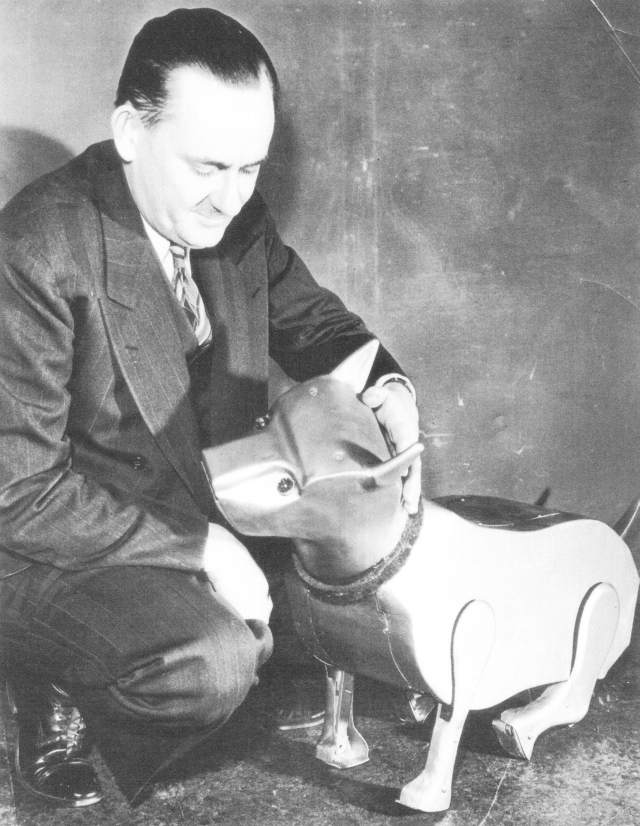Harper’s has published an excerpt from John Markoff’s forthcoming book, Machines of Loving Grace, one that concerns the parallel efforts of technologists who wish to utilize computing power to augment human intelligence and those who hope to create actual intelligent machines that have no particular stake in the condition of carbon-based life.
A passage:
Speculation about whether Google is on the trail of a genuine artificial brain has become increasingly rampant. There is certainly no question that a growing group of Silicon Valley engineers and scientists believe themselves to be closing in on “strong” AI — the creation of a self-aware machine with human or greater intelligence.
Whether or not this goal is ever achieved, it is becoming increasingly possible — and “rational” — to design humans out of systems for both performance and cost reasons. In manufacturing, where robots can directly replace human labor, the impact of artificial intelligence will be easily visible. In other cases the direct effects will be more difficult to discern. Winston Churchill said, “We shape our buildings, and afterwards our buildings shape us.” Today our computational systems have become immense edifices that define the way we interact with our society.
In Silicon Valley it is fashionable to celebrate this development, a trend that is most clearly visible in organizations like the Singularity Institute and in books like Kevin Kelly’s What Technology Wants (2010). In an earlier book, Out of Control (1994), Kelly came down firmly on the side of the machines:
The problem with our robots today is that we don’t respect them. They are stuck in factories without windows, doing jobs that humans don’t want to do. We take machines as slaves, but they are not that. That’s what Marvin Minsky, the mathematician who pioneered artificial intelligence, tells anyone who will listen. Minsky goes all the way as an advocate for downloading human intelligence into a computer. Doug Engelbart, on the other hand, is the legendary guy who invented word processing, the mouse, and hypermedia, and who is an advocate for computers-for-the-people. When the two gurus met at MIT in the 1950s, they are reputed to have had the following conversation:
minsky: We’re going to make machines intelligent. We are going to make them conscious!
engelbart: You’re going to do all that for the machines? What are you going to do for the people?
This story is usually told by engineers working to make computers more friendly, more humane, more people centered. But I’m squarely on Minsky’s side — on the side of the made. People will survive. We’ll train our machines to serve us. But what are we going to do for the machines?
But to say that people will “survive” understates the possible consequences: Minsky is said to have responded to a question about the significance of the arrival of artificial intelligence by saying, “If we’re lucky, they’ll keep us as pets.”•
Tags: John Markoff, Marvin Minsky

